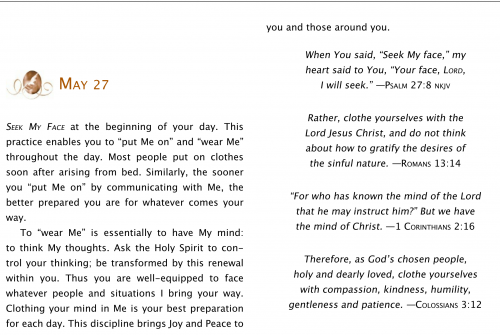Action Based in Oneness
We must proclaim the truth that all life is one and that we are all of us tied together. Therefore it is mandatory that we work for a society in which the least person can find refuge and refreshment. . . . You must lay your lives on the altar of social change so that wherever you are, there the Kingdom of God is at hand!
—Howard Thurman, Commencement address, Garrett Biblical Institute, 1943
Scholar and activist Liza Rankow has centered her work in spirituality and justice on the teachings of Howard Thurman. Hers is a clear explanation of the radical connection between mysticism and social action, which is at the core of our message here at the CAC. She credits the prophetic Howard Thurman as her teacher, one who “recognized an inherent oneness that breathes through all life and being.” [1]
I describe [Thurman’s] view of oneness as “north” on the ethical compass of the mystic ethos. (And one need not have had a personal experience of mystic union to adopt this ethic and worldview.) It is something to guide us, to point ourselves toward, to check ourselves against as we work for justice, healing, and liberation. It is the ideal that compels us, although we may never attain it, expanding the radius of our concern and the depth of our responsibility. . . .
There is a stereotype of mystics seeking to escape the world, concerned only with the ecstasy of their own experience of union with the Divine; yet in that union is a doorway that opens out into everything and everyone. The experience of oneness brings us back into relationship with the allness. The oneness and the allness inter-be (to return to the term from Thich Nhat Hanh). Thus we feel deeply the wounds of a battered world, and the suffering and the needs of the people—including, as Thurman puts it in Jesus and the Disinherited, those “with their backs against the wall”—the disenfranchised, the marginalized and the oppressed. [2] Inaction is not an option. The mystic worldview creates an ethical mandate, and it offers a new way to enter the world of social transformation—from the position of oneness rather than dualism. It shifts the paradigm. . . .
We do not undertake this work alone. We have comrades, community, allies and accomplices all over the planet. There is strength and hope in remembering this, and in reaching beyond the manifest world to the larger Life that surrounds us—the forces of Nature, the wisdom of the Ancestors, the power and presence of the Spirit. These too are part of the oneness. A mystic approach to social action invites us to call on energies beyond our finite selves in order to stand with grace, courage, and fierce love, addressing the indignities of the world with a depth that causes them to crumble. Thurman reminds us that God is against all dualisms, and anything that denies the oneness of Life, ultimately, cannot stand.
